- Learning time
- 10 minutes
- First play time
- 60 minutes
Tonga Bonga
Designed by: Stefan Dorra
Tonga Bonga is a boat-racing game where the winner of the race won’t necessarily win the game. Instead the victor will be the player with the most cash…
The board shows a series of islands, and your job is to speed around them delivering goods before sailing back to the start. Each player begins with some cash and dice of your colour, and each round the game moves through four phases: first, you use some of your cash as a ‘salary’ for the captain and helmsman of your boat. This is to try an entice the other players to put big dice rolls there, because in the next phase dice are rolled and assigned to the various captains and helmsmen, with the major catch being you cannot assign dice to your own boat. Why are dice assigned? Because the third phase allows you to move your boat by the number value of the dice your crew received from the other players (passing by another boat costs three movement points!) and, occasionally, dropping off goods. When you deliver, you get 25 coins from the bank – but must pay 5 coins to any player who has already delivered to that particular island.
Finally everyone collects the ‘wages’ their assigned dice earned them, before a new round begins. When anyone has completed all four deliveries and returned to the start, the game will end, and the richest player will win.
The guru's verdict
-
Take That!
Take That!
There's no fighting, but whoever appears to be in the strongest position may find themselves receiving little or no dice for a round or two. Dice can also get 'bumped' out of the wage-earning spots and into a third, unrewarded position on each boat.
-
Fidget Factor!
Fidget Factor!
Very little.
-
Brain Burn!
Brain Burn!
Rules are light. The only thing brain-burny about it is you want cash to win, but you need to pay cash to get some decent movement points. There's a balance to be struck.
-
Again Again!
Again Again!
Dice are random (there is no 1, but a seasick sailor who cannot facilitate any movement at all!) and the rules are simple to follow.

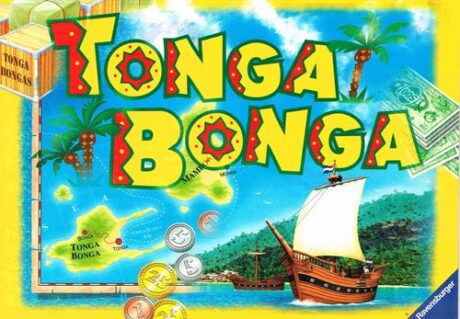
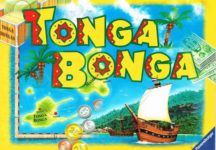


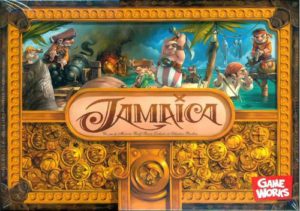
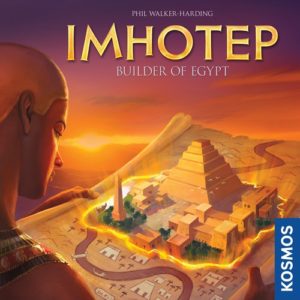
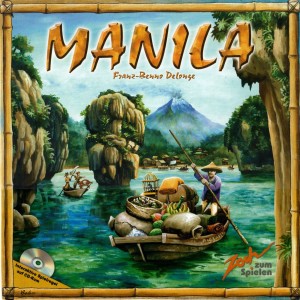
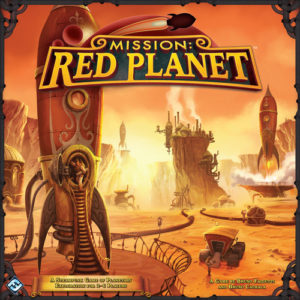
Sam says
I enjoyed Tonga Bonga, but it felt like a half-hour game that went on twice as long as it was meant to. The idea of players facilitating each other's movement (and deciding how much to pay for it!) is really neat, but I was kind of ready to play something else way before it ended. I'd recommend Jamaica - another boat race where the winner doesn't necessarily win the game itself!) over this, which despite its clever mechanics, also felt a bit repetitive. It's not helped by the insensitive naming of the islands on the board either - more 1930's than 1990's.